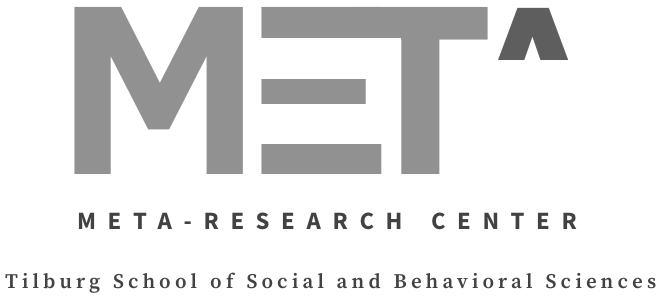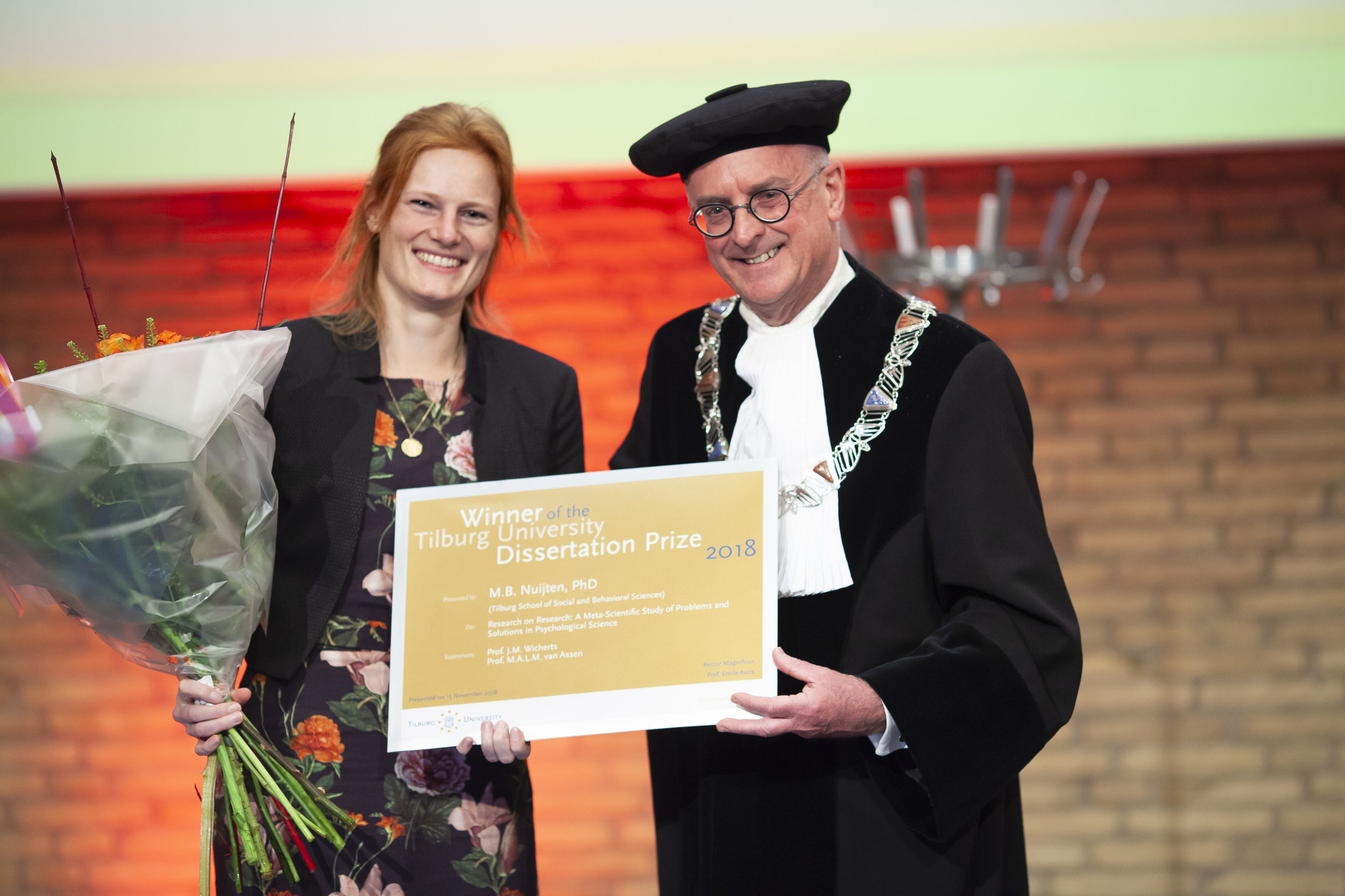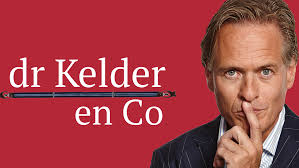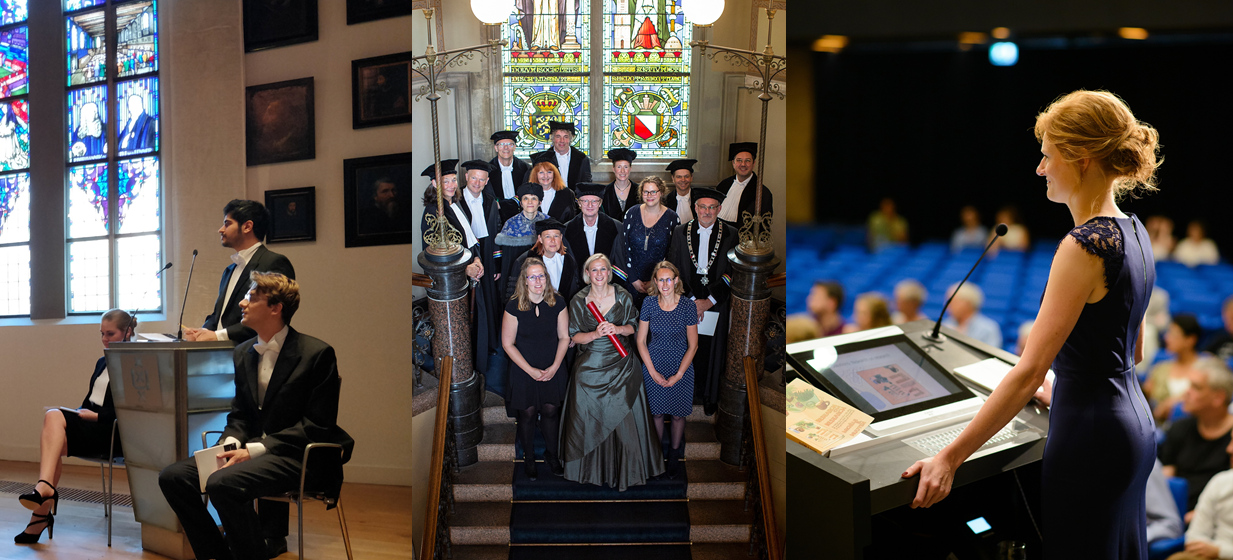The Sustainable Science Symposium will take place on 15th April at the LocHal in Tilburg. Registration is open and costs 15 euros. Organizers also have an open call for ‘dogfood’ discussion sessions and virtual posters that are further detailed below.
This symposium aims to go beyond recurring topics in open science and stimulate dialogue on issues such as academic culture, intellectual property & copyright of research output, scholarly communication, infrastructural governance, and how to venture beyond the traditional sphere to connect to marginalized communities.
The symposium will be kicked off with talks by Sam Moore, Chris Meyns, Iris van Rooij, and Anasuya Sengupta. These will be followed by 30-minute ‘dogfood’ sessions for which we invite concrete discussion questions on open and sustainable science. Don’t worry if you’re not familiar with dogfood sessions, our submission form will guide you in adapting your question for the same!
We also invite submissions for our virtual poster exhibition, which we’ve set up as an experiment in alternative + remote conferencing formats. Submissions can also include slide decks or even artwork! VR headsets will be provided for local attendees to explore the virtual world.
Join us in a day of radical and uncompromising thought about the sustainability of science in all its shapes and forms! More information, registration, and submissions at sustainablesci.com.
This event is organized in conjunction with Chris Hartgerink’s PhD defense on “Contributions Towards Understanding and Building Sustainable Science” on April 17.















